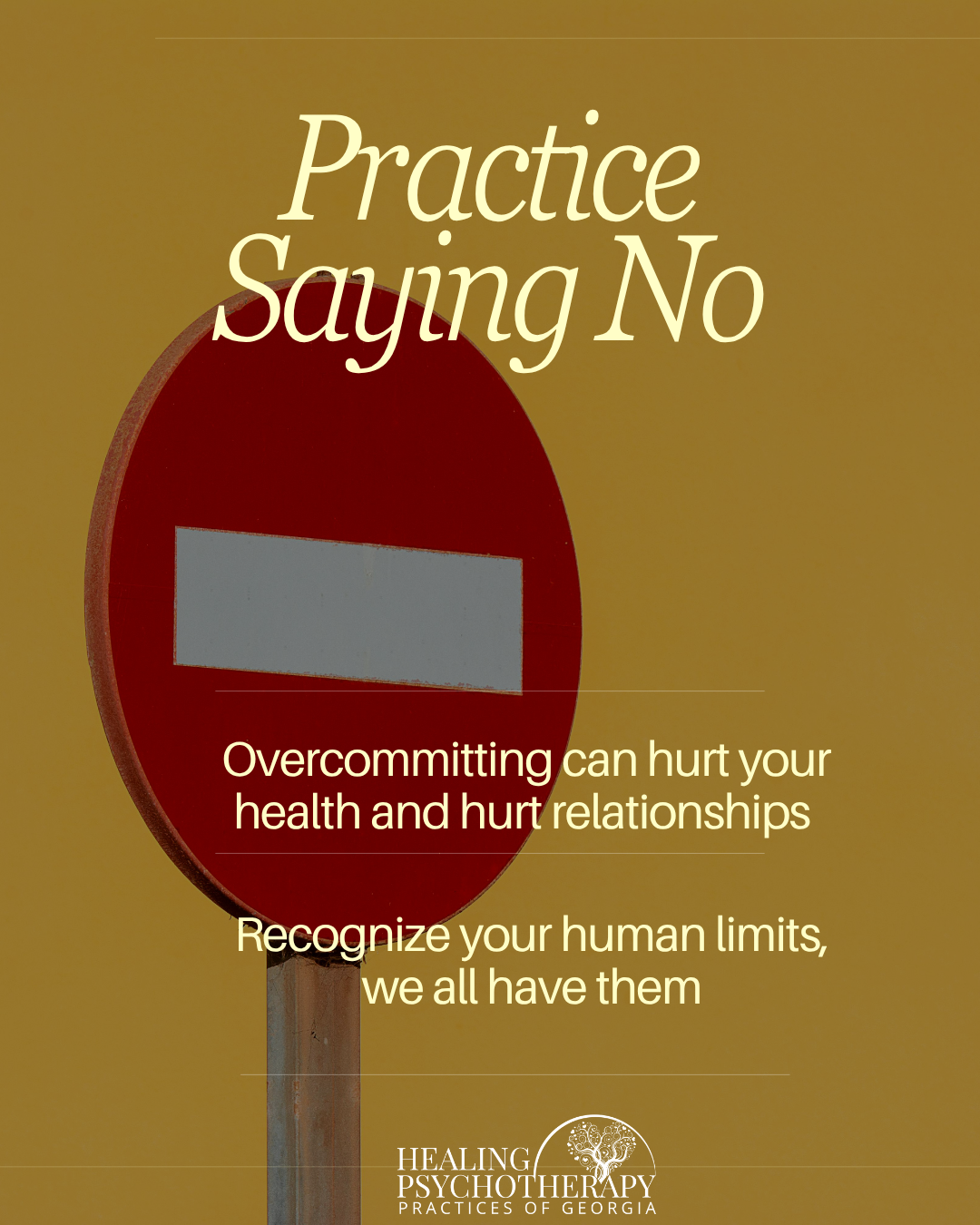Nope
How to Stop Over-Apologizing and Master the Confident “No”.

The “Sorry” Syndrome: Why We Over-Apologize
Do you find yourself starting emails with “Sorry to bother you” or ending a polite refusal with “I’m so sorry, I just can’t”? If so, you’re not alone. This over-apologizing is a common habit, but it comes at a cost.
Often, saying “sorry” for things that aren’t your fault is a pre-emptive measure. We do it to manage the fear of conflict, rejection, or disappointing others. It’s a quick verbal offering to smooth over a perceived inconvenience. However, when you constantly apologize for asserting your basic needs or time, you subtly tell others that your needs are an inconvenience. This slowly erodes your self-esteem and minimizes the meaning of a genuine apology.
Boundaries are Psychological Walls
In counseling, we define boundaries not as defenses against people, but as clear definitions of your psychological space, time, and emotional capacity. When you say “no” confidently, you are simply communicating your current limits. This is actually healthier for the relationship in the long run than a fearful of even resentful “yes” that leads to burnout and strained feelings. A clear “no” is information; it is not a personal rejection of the other person. It’s full honesty.
Three Simple Steps to the Confident “No”
If you want to move from guilt to growth, try these three steps to reframe your response to requests:
1. Stop the Auto-Pilot “Sorry”
When someone asks something of you, practice the “Pause and Check” technique. Before answering, pause for three seconds. During that pause, check your body. Do you feel anxiety? Resentment? Exhaustion? If the answer isn’t a peaceful “yes,” the answer is likely no. This brief pause breaks the people-pleasing reflex.
2. Replace “Sorry” with Gratitude or Thanks
Instead of apologizing for your boundary, simply thank the person for thinking of you. This is a respectful acknowledgement that doesn’t sacrifice your needs.
-
The Gratitude Script: “Thank you so much for thinking of me, but I can’t take that on right now.”
3. Use the “I” Statement
Keep the focus on your capacity, not the other person’s request, and do not over-explain or make excuses. A simple, confident statement is all you need. The less you justify, the more firm and understood your boundary is.
-
The Capacity Script: “I appreciate the offer, but my plate is full this week, and I really have to prioritize my existing commitments.”
By setting limits, you protect your mind and body from constant exhaustion and you help other to better understand your limits. This builds relationships based on mutual respect and trust, rather than obligation. When you master the confident “no,” you gain back emotional energy and reduce anxiety, creating space for true self-care and genuine connection with others.

0 Comments